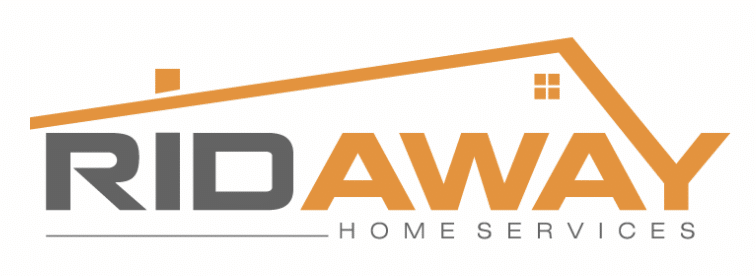Most people consider their HVAC system to be the foundation of home comfort, keeping things warm in the winter, cool in the summer, and comfortable all year long. What if, however, the same system is subtly dispersing mold spores throughout your house?
Your HVAC system may be the unspoken cause of poor indoor air quality if you reside in Massachusetts, where the weather is known for its steamy summers, snowy winters, and constant dampness. Let's examine how this occurs, the dangers it presents, and the preventative measures you can take.
How Can an HVAC System Spread Mold?
Mold can spread spores every time your HVAC system turns on if it has taken root in any of the system's components, including the ductwork, air handlers, evaporator coils, or drop pans. Mold most frequently enters HVAC systems in the following ways:
Excess moisture: Condensation naturally accumulates in HVAC systems. Mold grows there if the moisture is not adequately drained or managed.
Dirty filters and ducts: Organic material, dust, and debris can trap moisture and encourage the formation of mold in vents and ducts.
Inadequate ventilation: Warm, humid areas are ideal for the growth of mold if airflow is limited or your system isn't adequately vented.
The Health Risks of Mold in HVAC Systems
The health effects of mold exposure can be severe, particularly for young people, the elderly, and those with immune system disorders, allergies, or asthma. Mold spores moving through your air conditioning system may result in:
Recurrent sneezing or coughing
Irritated skin and eyes
Infections or congestion of the sinus cavity
deteriorating respiratory diseases or asthma
Mold removal from your HVAC system is, therefore, a health concern as well as a comfort one.
What Can MA Homeowners Do About It?
Here are some tips from RidAway to keep your family and house safe from moldy HVAC systems:
1. Arrange for Frequent HVAC Inspections
At least once a year, or twice if your home has previously experienced mold problems or allergies, have your HVAC system professionally evaluated. Before they become an issue, an expert can see early indicators of mold or moisture accumulation.
2. Regularly Replace Filters
Avoid waiting for your filter to seem unclean. Replace it every one to three months, particularly during periods of excessive usage. For capturing spores and other tiny particles, HEPA filters are an excellent choice.
3. Tidy and Cover Your Ductwork
Dust and moisture in your ducts might eventually combine to form the ideal environment for mold growth. Mold cannot develop and spread when ducts are cleaned and properly sealed.
4. Call a Professional
The mold inspection and cleanup professionals at RidAway can assist you if you think your HVAC system is harboring mold or if you want to be sure it isn't.
Professional Mold Removal Services by RidAway
At RidAway, we specialize in safe, thorough, and professional mold removal services for Massachusetts homeowners and property managers.
Analysis of air quality and mold testing
Mold examinations for HVAC systems
Mold removal that is safe and certified
Long-term ventilation and moisture control options
EPA-approved, state-licensed, industry-certified, and guarantees complete mold removal
RidAway toxic mold spores so you can breathe clean, healthy air again.

